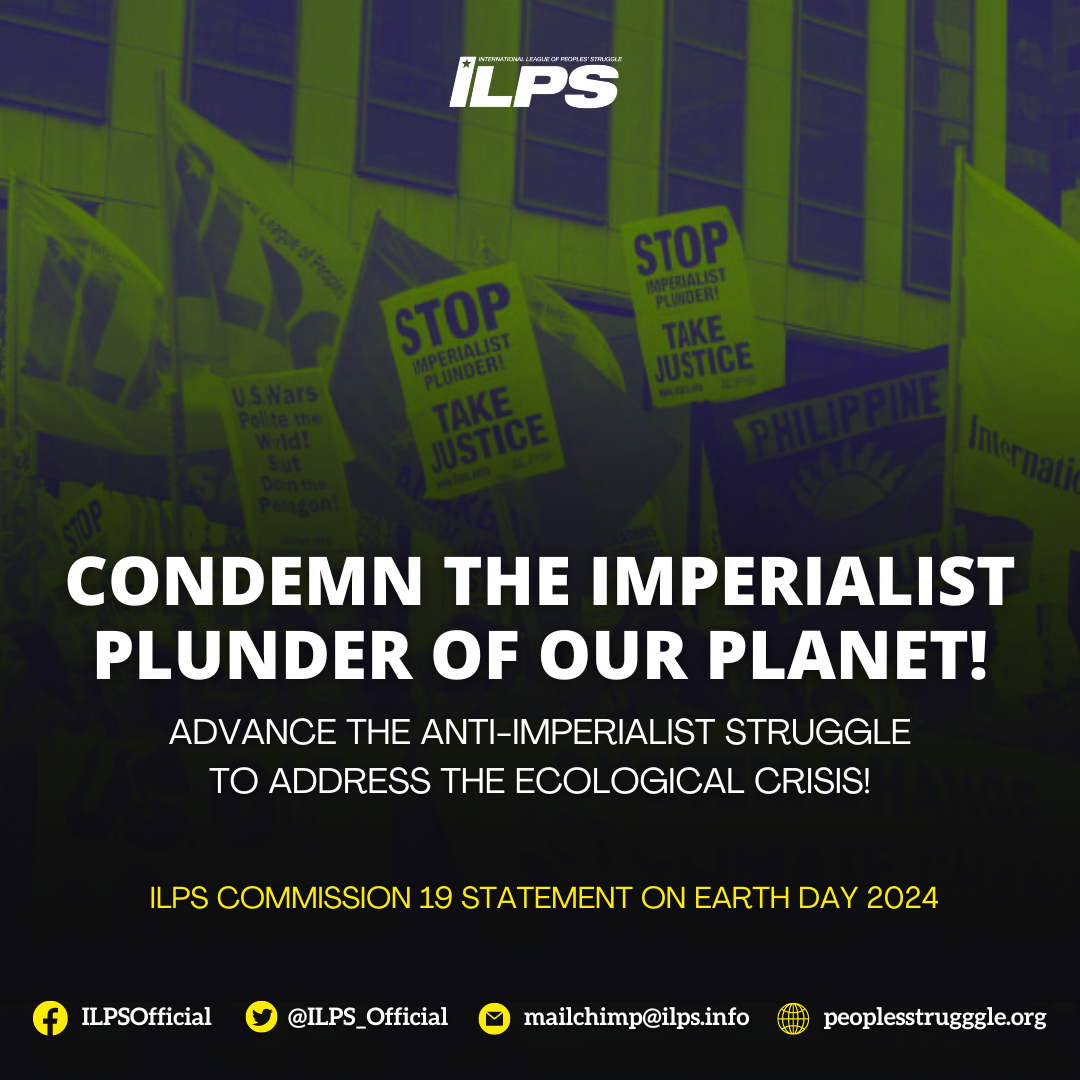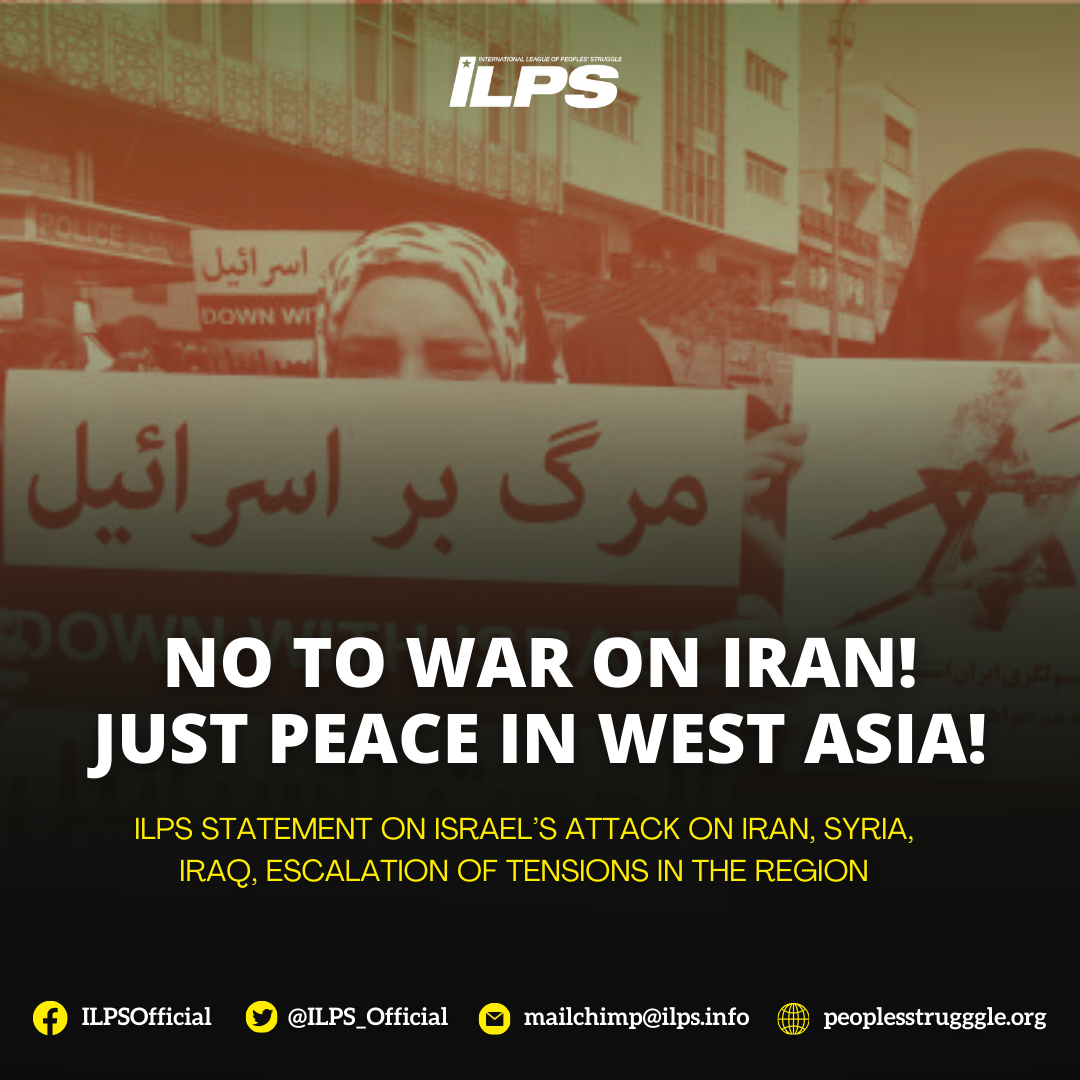In light of the recent events in Sudan, we affirm that what is happening is a Western colonial attempt to seize power through the militarization of the conflicting parties. The political entanglements that have emerged are nothing but manifestations of the struggle for interests in one of the world’s richest countries in minerals, including gold.
Due to its strategic geographical location, with shared borders with seven neighboring nations grappling with conflicts, water scarcity, and food insecurity, this country has become embroiled in a conflict involving opposing military forces. This conflict has resulted in the displacement of roughly 9 million people and poses a substantial threat to civil stability, exacerbating societal divides in a nation that also accommodates refugees from other conflict-affected countries.
The developments within Sudan are poised to result in a food crisis affecting refugees, internally displaced individuals, and those residing in urban centers and rural communities. This crisis will have adverse consequences on their food security and their ability to safely access essential resources. Furthermore, it will give rise to challenges in both crop and livestock production, with repercussions extending to neighboring nations dependent on Sudanese agricultural exports.
The fundamental cause of what is happening in Sudan can be summarized as a conflict and division over land ownership or “land tenure” in Sudan. This issue has been plagued by confusion and instability, dating back to the colonial era and continuing through successive governments that have failed to address these historical imbalances. This is especially true after the drought that struck the country and the prolonged economic sanctions imposed on the Sudanese people for decades.
The problem in Sudan has deepened with the withdrawal of the state’s economic role and the enrichment of a small elite group that has dominated resources and wealth, backed by external forces. This has led to the dissolution of the common identity and the emergence of sub-tribal and clan identities in search of security and social protection.
This conflict did not ignite on its own; it was fueled and financed by imperialist powers from both regional and global nations. They found opportunities in the fragmentation of Sudan, whether through the secession of its south or the attempt to separate its resource-rich eastern region. These actions were purely for expanding their economic influence, sustaining arms trade, and plundering Sudan’s abundant resources, including human trafficking.
The conflict in Sudan, despite its duration, continues to demonstrate the African Union’s (AU) inability to meet the many expectations of the African people for the AU to assume definite leadership for peace and economic and social development based on a truly independent Africa.
Therefore, given the situation in Sudan, we demand the following:
- Support the Sudanese people in their struggle against the Western colonial project aimed at controlling Sudan, dominating its territory, and exploiting its resources through local instruments that have ignited the flames of war.
- Put an end to the shedding of Sudanese blood, safeguard Sudan’s sovereignty and independence, preserve the state institutions, protect and maintain the territorial integrity of the Sudanese nation, build civil peace, facilitate the return of refugees and internally displaced persons, and refrain from using its territory as a battleground for the interests of foreign powers, whether regional or local, that seek to harm Sudan and its neighboring countries, deepening their water and food blockade.
- Support Sudanese farmers in fulfilling their role in achieving food security for their people and neighboring nations. Ensure that food security and nutrition are not jeopardized, in accordance with the provisions outlined in the 1996 Rome Declaration.
- It is essential to refrain from unilateral measures that disregard international law, including the United Nations Charter. Such measures expose citizens to the risk of food insecurity and malnutrition and subject them to health risks due to the takeover of hospitals and health centers by the Rapid Support Forces and their conversion into military facilities.
- Provide support and food aid to those in need in Sudan, as well as refugees and internally displaced persons, without discrimination. Ensure safe and unimpeded access to humanitarian and food assistance, promote the purchase from local producers, and utilize local organizations in the implementation of humanitarian and developmental programs. The United Nations should take on its moral responsibility to ensure the delivery of this assistance, support the ownership of affected countries in these programs, and require foreign humanitarian organizations to work through state institutions to avoid undermining them or creating parallel systems.
- Refrain from using food as a means of political or economic pressure. Instead, carefully consider the root causes of food insecurity and malnutrition in Sudan and explore ways to prevent and address them. Support local food systems and establish food reserves at the local, national, and regional levels, while promoting sovereignty over natural resources.
- Pay special attention to displaced and refugee families, particularly children, by providing them with food, healthcare, and support them to resume their education both within and outside Sudan.



